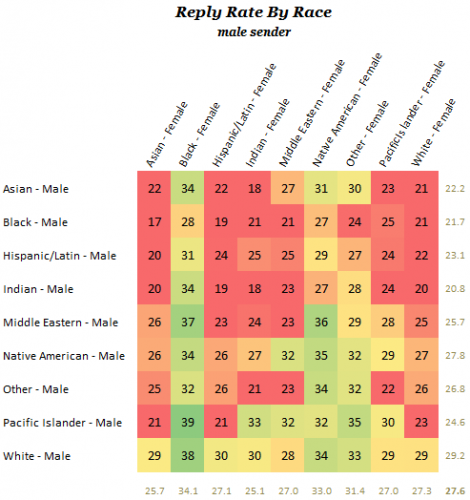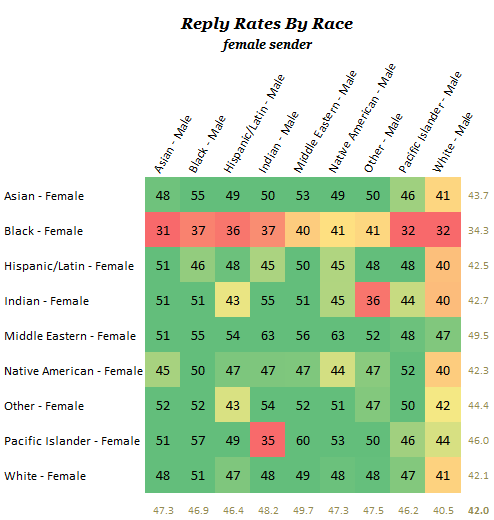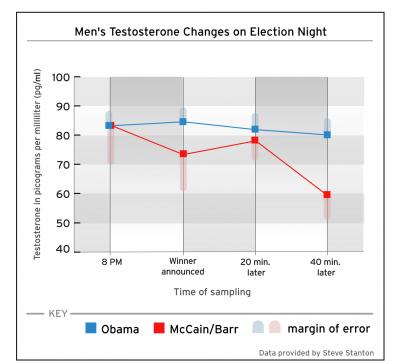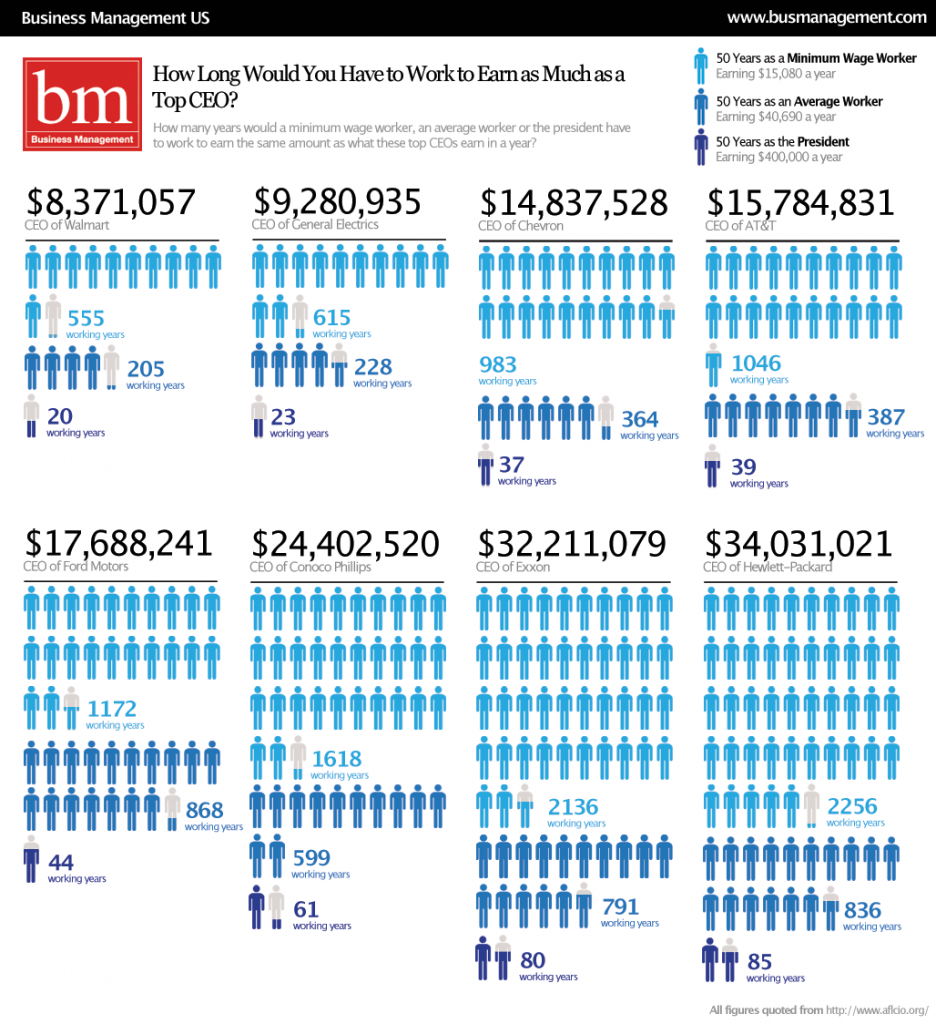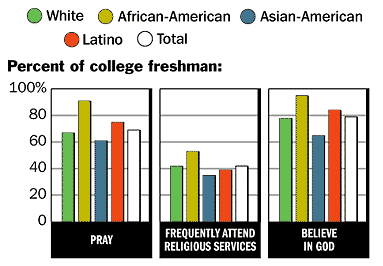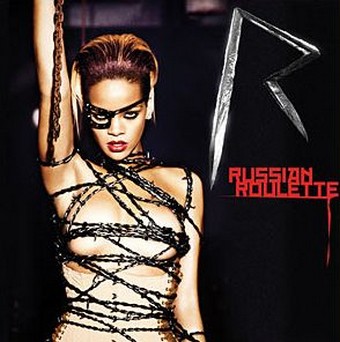While I was doing my post-grad work in Economics (capitalizing that word feels like such a joke), and even well before then, the academics in the know never tired of mentioning that We, as a collective of thinkers and activists, had ceased to use the expression Third World. Instead, we talked about developing nations, or less/least developed countries, a move to which I wholly subscribed, because although I feel quite alone in this, I detest the phrase Third World.

But all of a sudden, everywhere I look, I see it springing up again. And I’m starting to wonder whether I only dreamt the popular rejection of the term years ago, or whether it’s enjoying some kind of rebirth. It certainly hasn’t been redefined: it’s a handy little moniker that encapsulates any brand of nastiness or degradation you might imagine, and it’s quite the punchline. Hate the state in which your office bathrooms are kept? Liken it to a Third World country. Annoyed that your hotel only offers three varieties of cream cheese at breakfast? Call it a Third World diet. It’s an exaggeration, see? So it’s funny! Lawl and stuff!
Implicit in these comparisons is the realization that the speakers not only have no idea about the reality of life in the so-called Third World, but further, don’t give a crap. They’re able to so flippantly refer to the poverty and lack of opportunity in some of these nations because they’re comfortable – not with the actual state of things, of which they have only a vague knowledge, or none – but with the fabled state of things. Starvation, disease and war existing on such a scale for such a length of time need not be treated with any reverence or respect, one, because it is completely removed from their lives and doesn’t affect them, and two, because some of the countries of the global South have, in the estimation of these speakers, become horror stories in themselves, and thus have transitioned into some kind of mythical status. Except, we’re not talking about centaurs and unicorns here. We’re talking about real, live, accessible people’s lives, of which, if someone can hit Enter on a keyboard, they can approach some basic understanding.
Further, the term Third World obscures all parts of a country’s culture apart from those which are to be pitied or improved. By no great coincidence, so does the mainstream media. Back in March, I highlighted the efforts of Chioma and Oluchi Ogwuegbu: two Nigerian sisters who had purposed to tell the story of the Africa behind all that media footage of distended bellies and power-hungry rebels. It’s not that a discussion of the problems of developing nations is not needed. It is. But when you commit to systematically representing a country solely as victims, you show only one part of who its people are, and not the greatest part. Third World also implies homogeneity across all the countries that are meant to comprise this class, one which simply does not exist economically, socially or politically. It suggests that regardless of level of economic and social development, comparative advantages or system of governance, they are all to be singularly treated always as less than.
And the final issue I have with this term is perhaps the most obvious: it suggests a hierarchy that in people’s minds is not neatly restricted to some ranking of progress in development indicators, and certainly not to the historical allegiance of nations during the Cold War, as its origins are claimed to be, but is attached to real people and by association, their ethnicities. It suggests that the US with its White majority is innately better than, say, India, and encourages not an examination of global inequality as a result of historical exploitation, but of the notion that these countries have less because they are objectively worth less. And that was its intent. When Frenchman Alfred Sauvy coined the term half a century ago, he was so inspired to do by the presence of the Third Estate in France, the commoners who, by virtue of their position, Sauvy thought destined to be in an eternal state of revolution against the higher classes of the First and Second Estates. “Like the third estate,” he famously wrote, “the Third World has nothing, and wants to be something.”
Leaders at the Bandung Conference that followed in 1955 embraced the designation as an indication of a new bloc, but that designation, tenuous even then, means nothing now. And anyone from a developing country who wants to reclaim the expression can, I suppose, go ahead and do so. I choose not to. I, as a Black woman from the Caribbean, am third in no one’s pecking order. This is not sensitivity to a useful academic category or definition – although even those types of objections often have merit. This is the thorough rejection of a highly stigmatized, completely arbitrary categorization that serves no purpose other than to equate a certain geographical provenance and ethnic heritage with lack and degradation.
I do not accept it, and I would encourage allies of we who originate, live and work on human rights and development in the global South to also reject it.
—————————–
Marsha blogs at The Mongoose Chronicles. About herself, she says: Rogue economist escaped to the bright side. Writer, talker, dancer, songwriter, singer, walker, runner, roamer, cook. Fierce lover of family and friends. Lover and defender of my womanness, Africanness, my Caribbean heritage, my Barbados, my right to take up my space and protect our space.
If you would like to write a post for Sociological Images, please see our Guidelines for Guest Bloggers.




